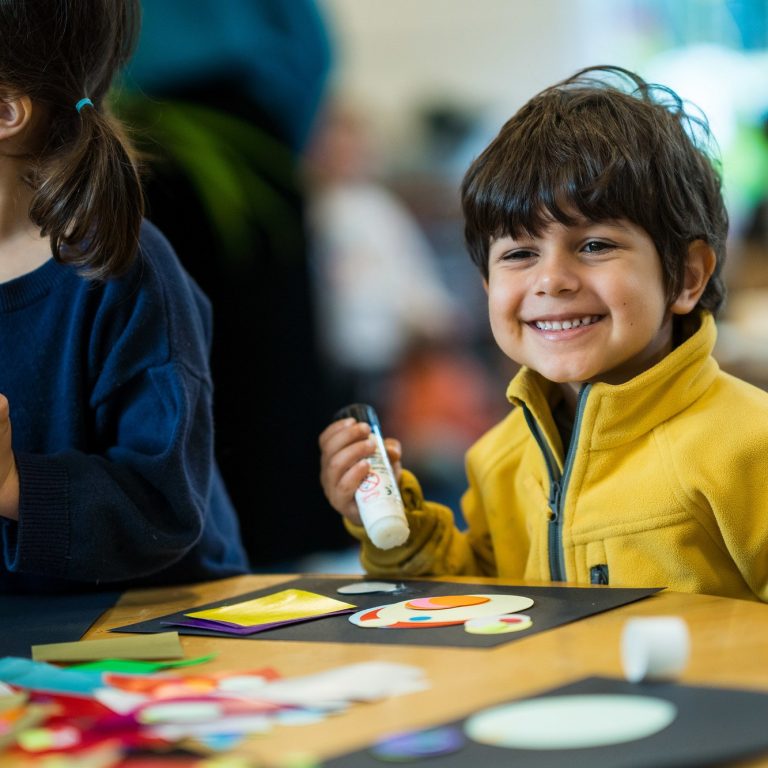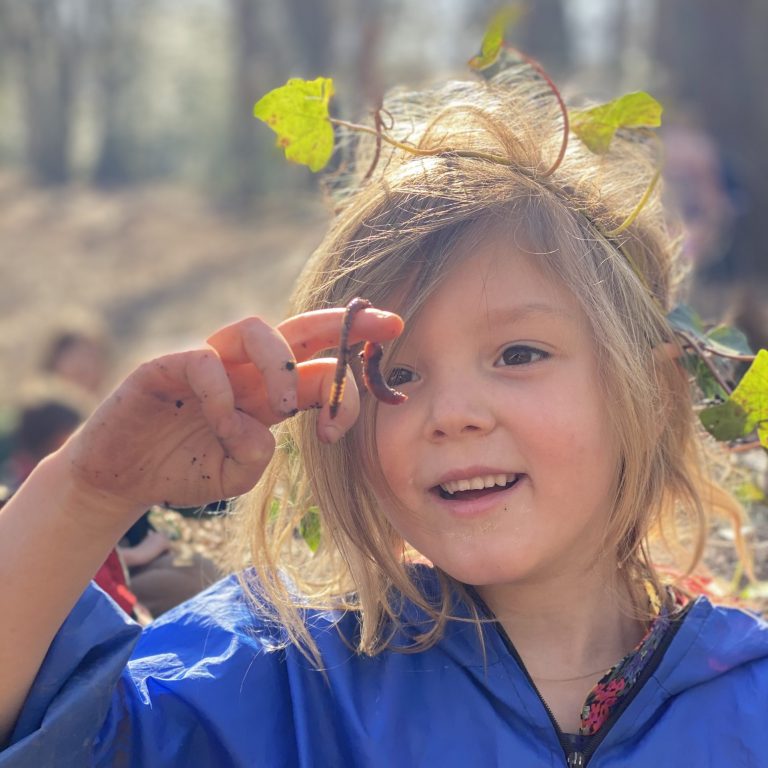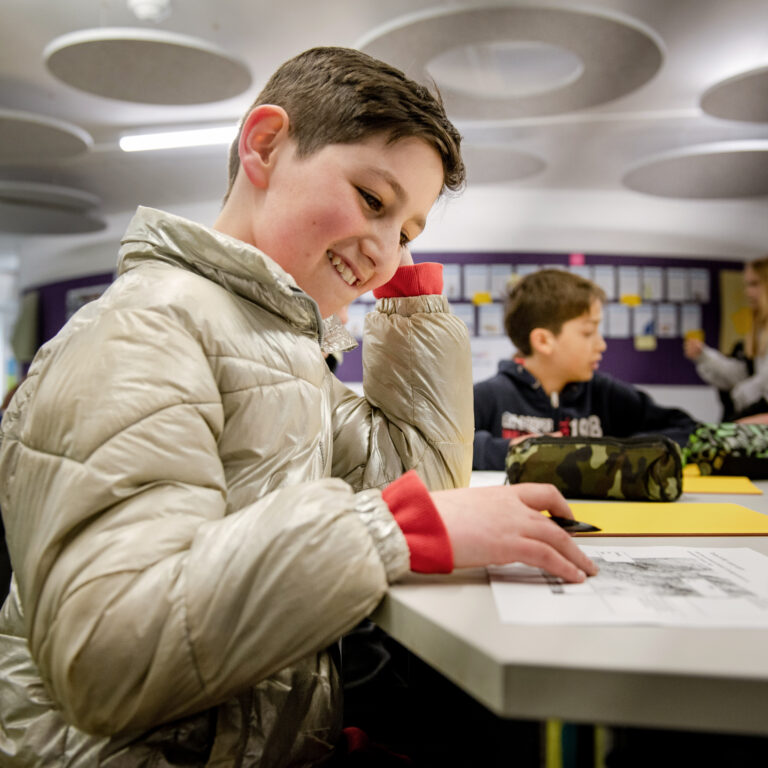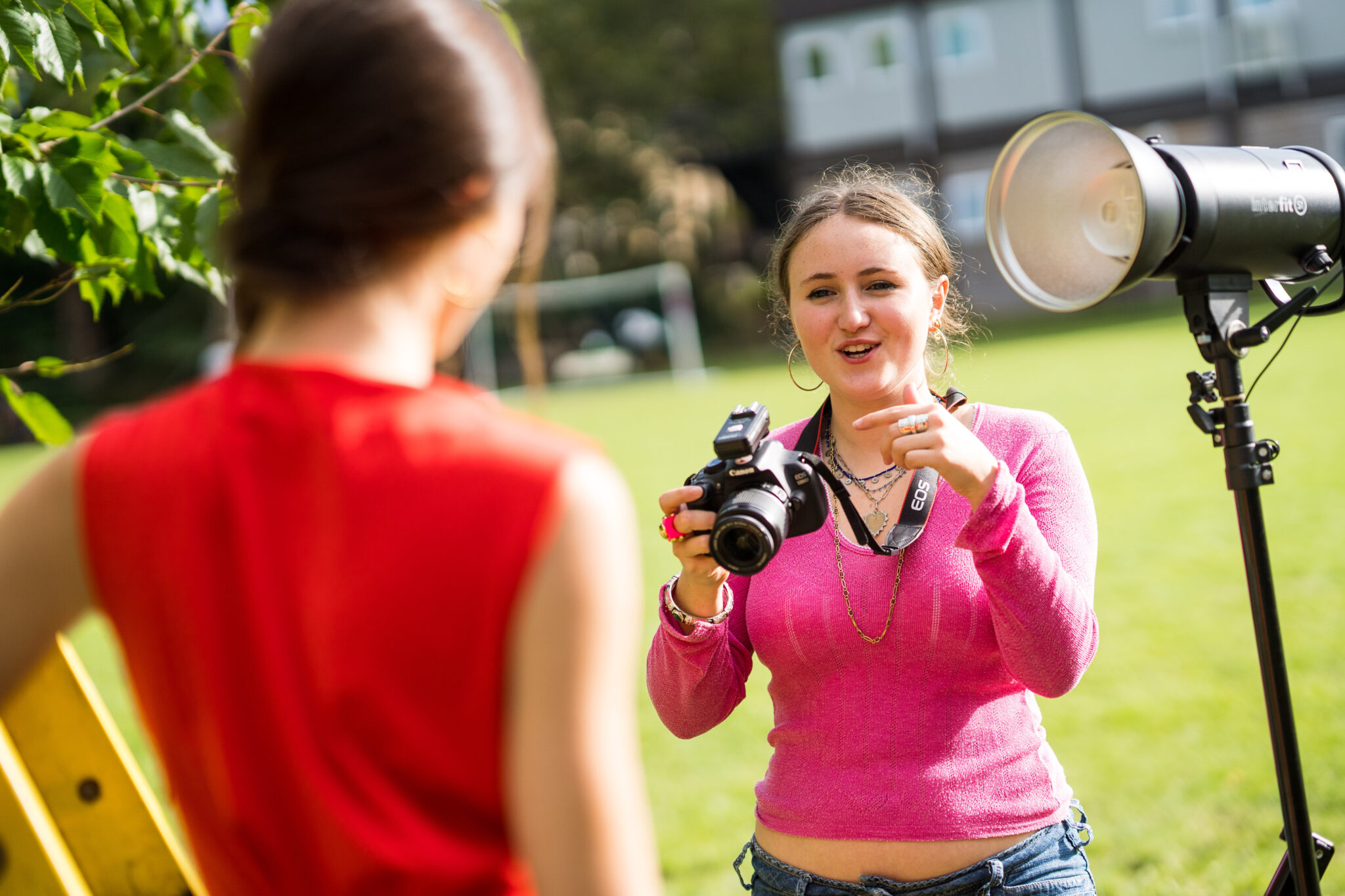KAS students lead care home activities – with help from Harvard experts
19th September 24
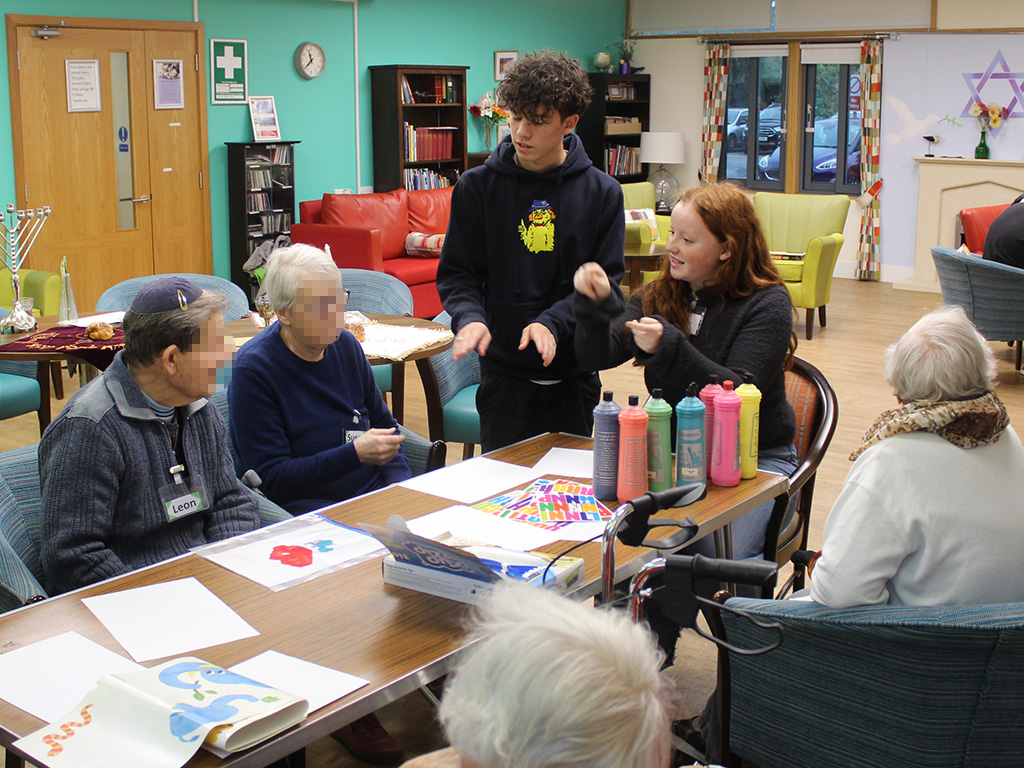
Students from The King Alfred School recently worked with researchers from Harvard University to explore how helping others through acts of service might positively impact their own wellbeing, too.
The project saw Year 11 pupils pay regular visits to a local care home for elderly people with memory impairment and dementia, where they delivered activities such as art, dance and baking to residents.
The students’ work has been profiled in a new digital article by Research Schools International, an organisation that champions research-based innovation in education. RSI collaborated with KAS on the project as part of its global Wellbeing in Schools research programme.
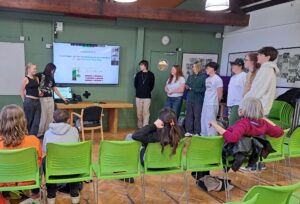
With the project titled Promoting Flourishing: A Service Learning and Action Research Program, the care home activities were specifically chosen to help residents ‘flourish’. As outlined to students by researchers from The Human Flourishing Program at Harvard, ‘flourishing’ is defined as a state of holistic wellness, including:
- Happiness and life satisfaction
- A sense of meaning and purpose
- Good character and virtue
- Physical and mental health
- Close social relationships
In a bid to better understand the experiences of older people, the students first undertook dementia training. Through role-play activities and the use of props such as vision-reducing goggles, they were able to simulate some of the common symptoms of dementia.
The project closed with students reflecting on how both the residents and they themselves had flourished, sharing their experiences with their class and the wider school community.
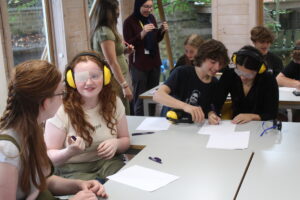
“The activities were a huge success – so much so that the residents kept asking us to come back and do more,” says KAS student Erin, who led finger-painting sessions. “These were designed to help them reconnect with their creativity and had the added benefit of aiding joint mobility, too.”
As for their own flourishing, Erin says the project helped her and fellow students develop their independent thinking, collaboration and communication skills.
“I liked that we [the students] had full control of devising and performing the activities, instead of it being teacher-led,” she says. “It also helped me learn how to bond and communicate with different people, especially those who can’t easily communicate back.”



